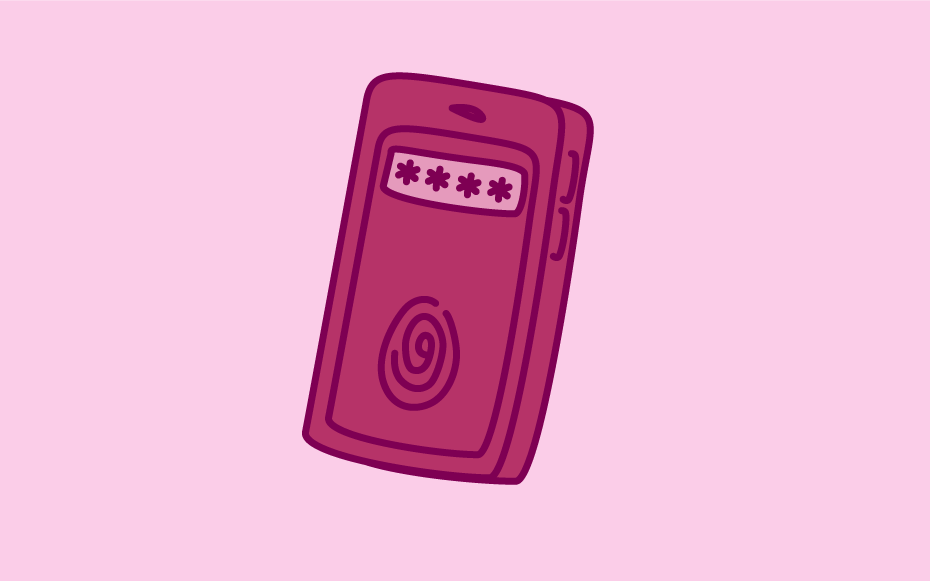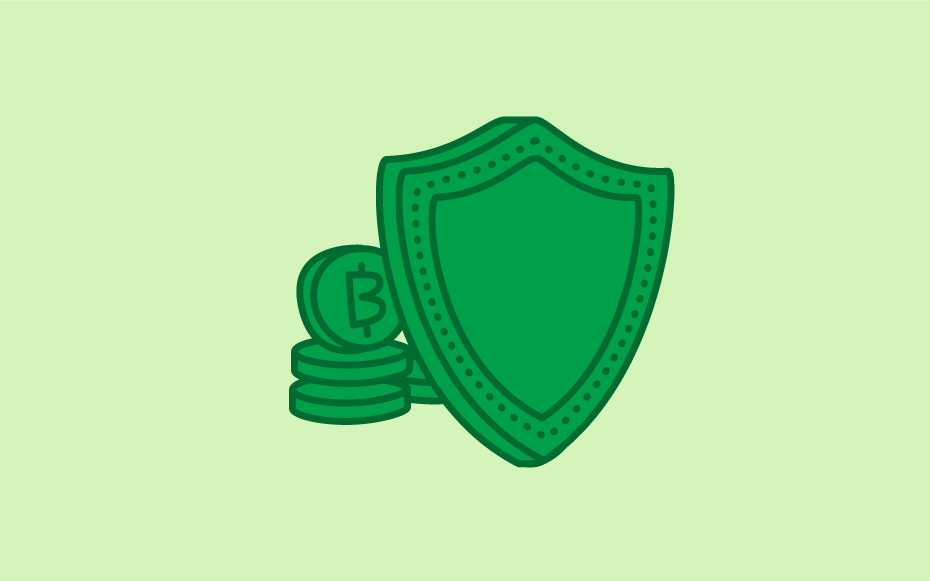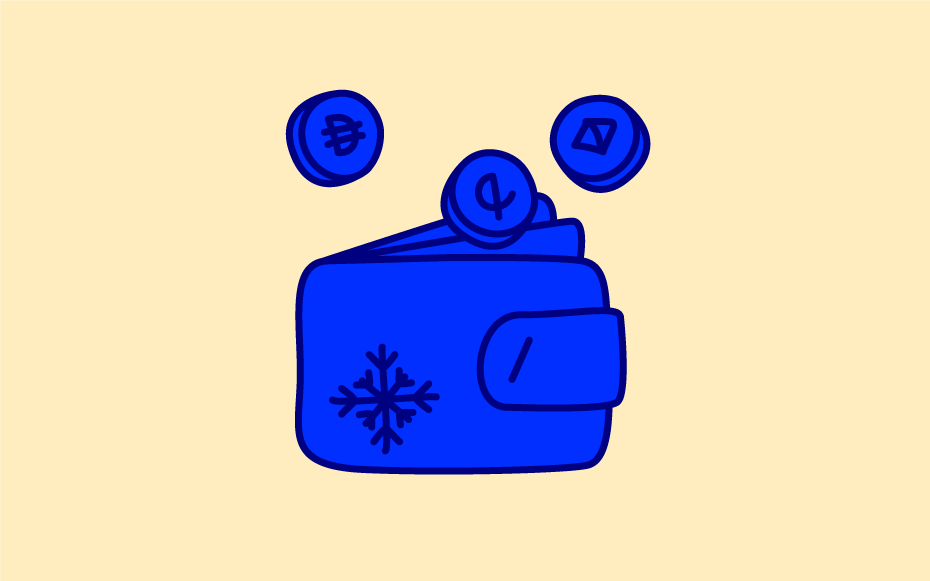Controlling your funds is one of the many benefits of cryptocurrencies. Nevertheless, this control brings with it the responsibility of securing your digital wealth. This article will guide you through crucial security measures to bolster the safety of your digital assets.
Cryptocurrencies have gained significant popularity, exemplified by numerous accounts of individuals doubling or even tripling their investments. However, the surge in popularity has also attracted blockchain hackers, who are increasingly persistent in their efforts to siphon off assets. In Q1 2022, they reportedly managed to purloin about $1.3 billion, according to an Atlas VPN report. Given the escalating hacker attacks and fraudulent schemes, fortifying your cryptocurrency's security has become a pressing issue.
At EXMO.com, we are dedicated to providing top-tier platform security. Nonetheless, securing your funds is a shared task, and it is crucial that you play your part in defending against hacks.
The Prevalence of Crypto Wallet Hacks
The growing popularity of digital assets has escalated the risk of malicious individuals attempting to drain your digital wallet. In Q1 2018, there were five significant blockchain-related hacks. By Q1 2022, the figure had escalated to an unprecedented 78, with more than $42 million pilfered from crypto exchanges. The total crypto losses in Q1 2022 skyrocketed by 695% compared to the losses in the same quarter the previous year.
These alarming figures underscore the fact that security is not just a matter for crypto exchanges; it's also an essential concern for every crypto investor. But fear not, there are proven strategies and suggestions that can prevent the loss of your funds.
Securing Your Digital Assets
Digital currencies are essentially snippets of digital code stored on servers. Their security requires a certain level of technical understanding. Here are some preventative measures against fund theft and unauthorized account access. These suggestions are applicable to not only your funds on EXMO.com, but also your digital presence in general.

Protecting Your Password
Follow these three straightforward steps to safeguard your password from hacking attempts:
Creating a Robust Password
Design a password that is intricate and one-of-a-kind. Your password on EXMO.com should be at least eight characters long, combining symbols, numbers, and both lowercase and uppercase characters. Steer clear of easily identifiable or guessable information, such as titles, birth dates, and other personal data.
Consider using a password manager like Dashlane, LogMeOnce, or LastPass if you have difficulty crafting a secure password. They are invaluable for generating and storing all your passwords.
Frequent Password Changes
Despite its uniqueness, even a robust password can be breached by advanced hacking techniques. As such, we recommend changing your password regularly (every six months at least).
Avoid reusing passwords across different online accounts or recycling previous passwords. Using different email addresses for various crypto-related accounts is also advisable.
Implementing Two-Factor Authentication (2FA)
2FA provides an additional layer of protection against unauthorized login attempts. Besides the standard password, it involves inputting a single-use code each time you log in. 2FA renders hackers unable to access your account and funds, even if they obtain your login details.
2FA is a standard security requirement for most financial services, including EXMO.com. Our platform offers three 2FA options: via the Google Authenticator app, an SMS code, and push notifications through the EXMO mobile app.

Device and Network Security
Beyond password breaches, numerous malwares can damage your device or network, leading to loss of funds. Follow these guidelines to defend against hackers exploiting your device or network vulnerabilities.
Utilizing a Safe Network
Only use a trusted internet connection when trading, depositing, or withdrawing funds. Public Wi-Fi networks are highly susceptible to cyber attacks, so it's best to avoid them. Additionally, consider using a Virtual Private Network (VPN) even when accessing your EXMO.com or other exchange accounts from your home network. A VPN obscures your location and IP address, keeps your browsing history confidential, and hence offers enhanced security.
Maintaining Device Security and Regular Updates
Ensure that your device is equipped with anti-malware and reliable antivirus software to protect against new threats. Regularly scan your device and update the installed software. Consider enabling automatic software updates. Any cryptocurrency-related apps on your device should also be updated routinely.
Securing your device further entails enabling a screen lock feature. Refrain from accessing your account on EXMO or other platforms via your work PC or other public devices. If feasible, consider dedicating a separate device for cryptocurrency trading. Furthermore, safe web browsing and keeping your browser up-to-date are critical steps in this regard.
Securing Your Crypto Wallet
Securing a crypto wallet can be a challenging task due to potential vulnerabilities. However, it's not an insurmountable task. Here are some strategies to elevate your wallet's safety:
Adopting Cold Wallets for Asset Storage
The first step in protecting your digital assets from potential theft is to store them in a cold wallet. Unlike hot wallets, cold wallets resemble USB drives and do not maintain a constant network connection. This makes them an excellent long-term storage option. For additional security, diversify your investments across multiple wallets.
On EXMO.com, 95% of all assets are stored in cold wallets, which are safeguarded by the Ledger Vault infrastructure, providing assurance that your funds on EXMO.com are secure.
Exercising Discretion with Wallet Information
Exercise caution when posting on forums and social media. Publicly showcasing your trading victories or investment profits can attract hackers. Never share your private keys, passwords, or any crypto-related information, even with people you trust. Your online transparency could prove costly!

Avoiding Phishing Scams
• Notify your wallet provider or exchange support team, who may offer recovery services or assist with reporting the issue to the authorities. If you notice any suspicious activity with your EXMO.com account, reach out to us at support@exmo.com.
Phishing is a deceptive technique where a hacker manipulates a target into divulging sensitive information or installing malware. These attacks typically involve fraudulent messages sent via email, social media, or other communication channels.
Scammers often impersonate trustworthy entities or individuals, sometimes posing as technical support agents to steal your credentials. Note that EXMO’s support team will never ask for your login, password, 2FA codes, or any banking information. We will not call you or request that you register on any third-party platform.
Scammers also create counterfeit websites that mimic real exchanges. Therefore, ensure you're on the correct website when logging into your EXMO.com account. The official website domain of our platform is exmo.com. Bookmark this link, save it to your favourites, or manually enter the EXMO.com website's address, rather than clicking on a link from an unknown source.
Do not dismiss any “Not Secure” warnings from your browser. Avoid opening suspicious emails, no matter how enticing they may seem. Do not click on any unfamiliar links sent to you via email. Lastly, always double-check all details when conducting crypto transactions.
What If Your Wallet Gets Hacked?
If you notice unauthorized trading activity or transactions, it's likely that your wallet has been compromised. In such an event, follow these steps:
• Conduct a scan using your device's installed antivirus software. Identify any malware and remove it immediately.
• If your assets have not yet been stolen, transfer them to another wallet as soon as the malware is removed from your device.
• Notify your wallet provider or exchange support team, who may offer recovery services or assist with reporting the issue to the authorities. If you notice any suspicious activity with your EXMO.com account, reach out to us at support@exmo.com.
Final Thoughts
While it may initially appear daunting to secure your digital assets, it's not an unattainable feat. Basic measures such as generating a complex password, utilizing a cold wallet for crypto storage, or enabling 2FA can go a long way in protecting your valuable crypto assets from hackers.
Although these additional security measures may add a layer of complexity and require some extra time, there should be no room for compromise when it comes to securing your cryptocurrency funds. Bear in mind that the protection of your assets primarily rests on your shoulders. Therefore, do your utmost to heed all the above-mentioned advice and make sure your wallet is equipped with all necessary security features. Your digital wealth deserves robust protection, so ensure you do everything you can to safeguard it.
